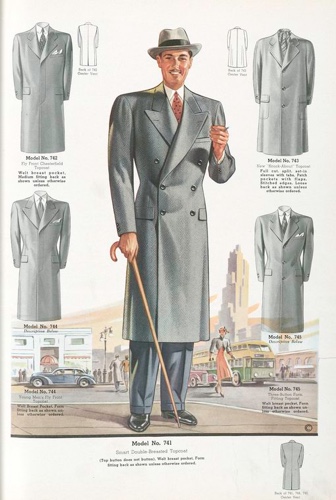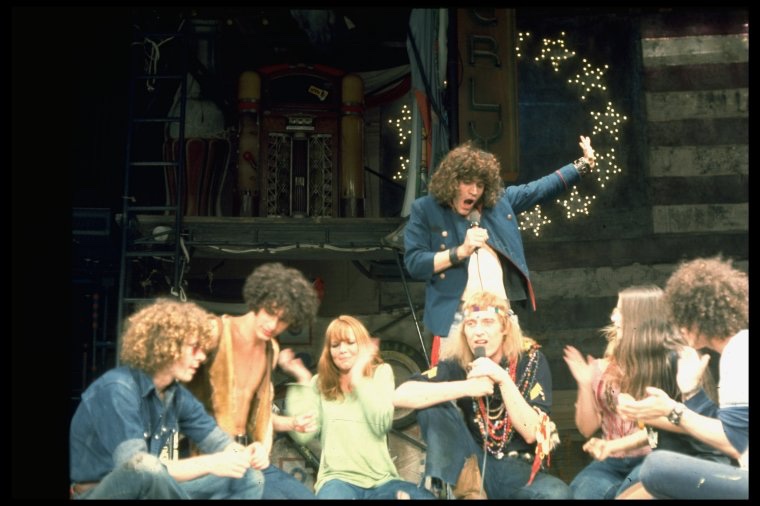5 Amazing Digital Collections for Cultural Historians from the NY Public Library
The New York Public
Library recently announced the addition of more than
180,000 items to its digital collections, along with improvements to the
digital interface to help users find the content they want, especially if they
are looking for public domain or restriction-free content.
With so much stuff, there's material for anyone from entomologists to cartographers. Highlighted here are five
digital collections that may be of particular interest to cultural historians,
especially those who deal with 20th century history. These collections contain
everything from photos to maps to posters, making them a treasure trove for
historians who study visual culture, material culture, design, technology and
so on.
And for those of us
who have dealt with the complicated and often confusing process of getting
permission to use images in our published and online work, the NYPL offers a
helping hand. First, a great deal of material in the collection is in the
public domain, meaning that it can be used freely. For other items, the library
has clarified who owns the rights, helping to streamline the process.
Plus, they are encouraging artists and others to remix their collections. Downloads of varying qualities are provided to cover all the bases from a blog post to a book cover.
Overwhelmed by the
sheer plenitude? Here are a few places to start:
Fashion

What's more ephemeral
than fashion? Although cultural historians, including myself,
have argued that clothes are one way that people construct their gender,
racial, and sexual identities, because fashion is perceived as frivolous, it
can be easily lost. This may be doubly true for men's fashions. The Industrial
Revolution meant that men needed to put away their ruffles and capes for
clothes that were more rational, like the business suit. Because men's clothes
seem to barely change, small tweaks like the width of a tie or a suit with one
button or two are significant. Making these changes acceptable to stores and
consumers required showing them how these looks looked in order to convince
them such changes were needed. This process is captured in catalogs with images
like the one on the left, which were used
by textile manufacturers to sell their wares
to manufacturers. The drawing of the man, the background he's placed in, all
tell us a great deal about images of ideal masculinity. Plus, these images have
no copyright restriction.
Theatrical Productions

A scene from the Broadway production of the musical Hair.